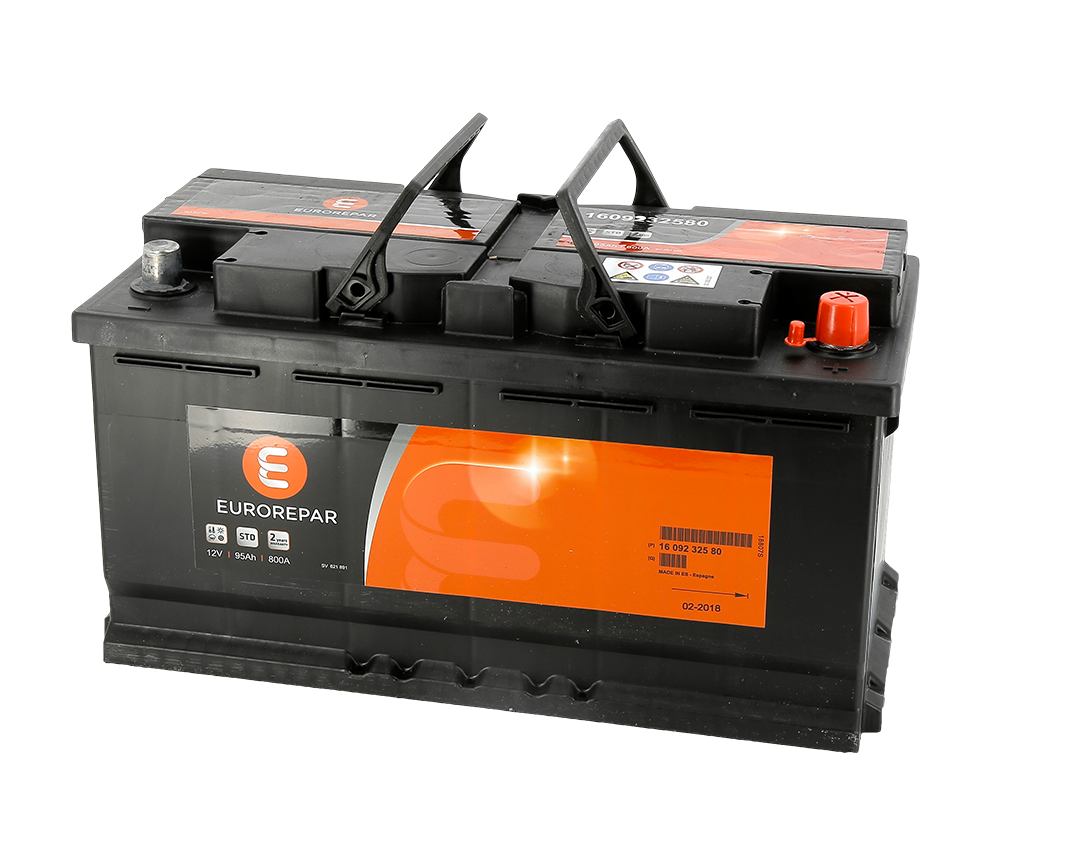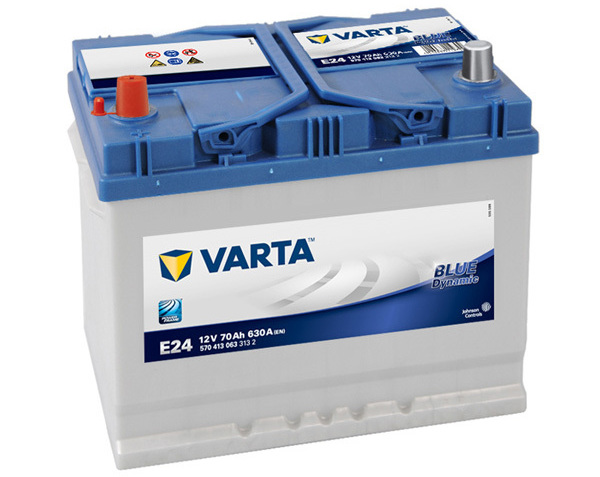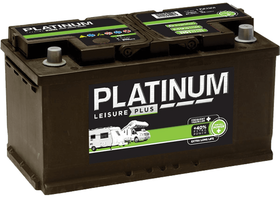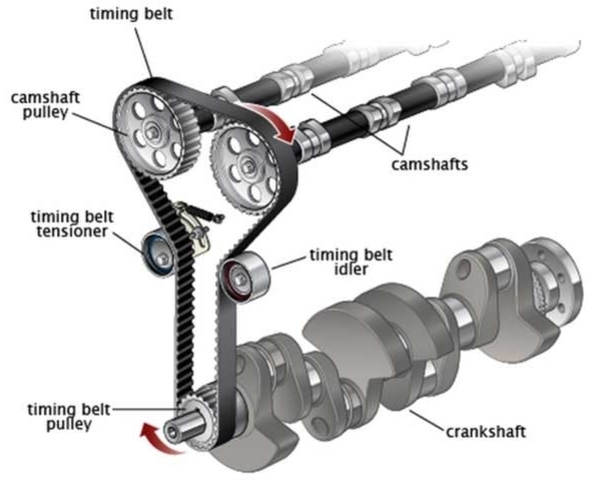SERVICE
EXHAUST
BRAKE CHECKS
TIMING BELT
BATTERIES
SUSPENSION
VISIBILITY
CONTACT US
SERVICE
BOOK YOUR NEXT SERVICE WITH IGNITION AUTOS
Every car needs regular maintenance to keep it on the road and running smoothly. In your vehicle handbook or maintenance guide, the manufacturer will have set out exactly what your vehicle needs at different stages in its life. For example, at 20,000 miles you may need to have spark plugs replaced, or at 40,000 miles your fuel filter may need to be checked.
At Ignition Autos in Middlewich our expert team of mechanics will carry out any servicing requirements specific to your vehicle. We offer 3 levels of service, Bronze, Silver or Gold.
We won't carry out any extra work without your approval.
Your car servicing is available on our Drive Now, Pay Later Scheme.
BRONZE
Oil Change
Includes:
30 point vehicle check
Oil filter changed
Engine oil changed
Service book stamped & light switched off.
This service is usually performed as a cheaper alternative to our other packages or for high mileage vehicles.
This service focuses most of the technicians time on the engine specifically, sometimes known as an engine service.
0CC-1300CC £99 WITH MOT £139
1301CC-1999CC £109 WITH MOT £149
2000CC-2999CC £119 WITH MOT £159 ANYTHING OVER 3000CC IS POA ONLY
SILVER
Interim Service
Includes:
100 point vehicle check
Oil filter changed
Engine Oil changed
Tyre pressure set
Service book stamped & light switched off.
This service is usually performed bi-annually after having a gold (full) service the year before.
0CC-1300CC £119 WITH MOT £159
1301CC-1999CC £139 WITH MOT £179
2000CC-2999CC £159 WITH MOT £199 ANYTHING OVER 3000CC IS POA ONLY
GOLD
Full Service
Includes:
200+ point vehicle check
Air filter changed
Pollen filter changed
Oil filter changed
Engine oil changed
All fluids checked and topped up
Tyre pressures set
Service book stamped & light switched off.
This service is usually performed after last years silver (interim) service. Spark plugs, fuel filters or glow plugs are not changed on any service package, they are inspected and if they need changing they are separate items that are priced individually.
0CC-1300CC £159 WITH MOT £199F
1301CC-1999CC £195 WITH MOT £235
2000CC-2999CC £259 WITH MOT £299 ANYTHING OVER 3000CC IS POA ONLY
HYBRID AND ELECTRIC VEHICLE SERVICE AND MOT
We are a level 4 electric and hybrid workshop capable of servicing and repairing your hybrid and electric vehicles to the higest standards the same as at the main dealer. WE ARE ALSO A MEMBER OF HERVA AND ARE AN APPROVED HERVA WORKSHOP.
as above we offer our silver and gold service packages for your electric and hybrid Vehicles which additionally includes a battery heath check and full vehicle computer scan for errors.
SILVER SERVICE
£223 INC MOT £263
GOLD SERVICE
£279 INC MOT £319.00
BRAKE CHECKS
REPLACEMENT AND CHECKING OF YOUR BRAKES.
Wherever you drive, brakes are essential for your safety. Whenever they are used they are put under extremely high stress. As the brake pads grip the discs the friction creates heat. This means that over time the brake pads and discs wear out. You will need to have them replaced once they have reached their minimum level of thickness.
When you have your brake pads checked at Ignition Autos we’ll also check the condition of the brake discs. These tend to last longer than pads and generally should be replaced with every other set of pads. If your brake pedal feels spongy, or it seems to take longer than normal to slow down, then your brakes need to be checked urgently.
Most Vehicle brakes work on an hydraulic system which multiplies the force of your foot on the brake pedal into enough force to apply the brakes and make the car stop. The brakes themselves are usually one of two types: disc brakes or drum brakes.
Many modern cars have disc brakes on the front wheels and drum brakes on the rear wheels. More expensive models may have disc brakes on all four wheels. Only very old or very small cars tend to have drum brakes on all four wheels.
If you are concerned about the performance of your brakes or would like them checked before going on a long journey please book an appointment and one of our technicians will complete a free, no-obligation brake inspection.
Brakes are available on our Drive Now, Pay Later Scheme.
How do I know if I need to stop by?
Below is some common signs of braking problems that are tell tails you need to come see us to get things sorted!
Grinding - when the friction material on brake pads are heavily worn, this can result in a grinding noise as the brake pad has worn down to the metal caliper. This will likely damage the brake disc also.
Squeaking - there are many reasons why brakes squeal. It could suggest the brake caliper has stuck and the brakes pad remains partially applied to the disc but some pads have wear indicators that squeal when worn to let the driver know the brakes need changing. Either way, you should get this checked out.
Pulsating - If you feel a continuous pulsating from the brake pedal whenever you apply the brakes, this indicates the brake disc has become warped due to excessive heat. Pulsation occurs because the brake disc is distorted and no longer provides a perfectly flat surface when the brake pad makes contact. If this only occurs when you apply the brakes firmly, it could just be the ABS kicking in but you should have this checked out if you are concerned or it happens regularly.
Pulling - if your car pulls to the left or right when you apply the brakes this is usually indicative of a sticking hydraulic or mechanical component such as a seized caliper. An inspection can identify the precise reason for the vehicle pulling to one side.
Sponginess - the brake pedal feels spongy and the brakes seem unresponsive. This is a sign that air has entered the brakes lines and is preventing the brake fluid from flowing through this system effectively.
Soft Brake Pedal - if the brake pedal is limp and goes all the way to the floor, this indicates a serious braking system fault which you should have inspected immediately. A brake pedal that is soft and can be applied all the way to the floor usually means the brake fluid is ineffective and needs replacing but there can be several other potential reasons such as a master cylinder fault.
Lights on the dash - if a brake warning light appears on your instrument panel either continuously or when you apply the brakes it usually means the brake fluid level is critically low. This could also indicate a leak in the brake hoses.
High Handbrake - If the handbrake is pulling up higher than it normally does it may need adjusting. In modern cars, this is usually anything more than 6 to 8 clicks. If the handbrake lever reaches the end of its travel it will fail the MOT.
Old Brake Fluid - If your brake fluid is over 2 years old it may be losing its effectiveness since it has hygroscopic properties which means it absorbs moisture over time. This affects the properties of the fluid which negatively affects braking ability. Brake fluid should be change approximately every two years but check your manufacturers handbook.
Kinetic movement
Disc brakes consist of a brake disc, a brake caliper, and a brake pad. When the brake pedal is depressed, the hydraulic fluid causes the brake caliper to press the brake pad against the brake disc. The rubbing of the brake pad against the brake disc generates friction, which converts kinetic energy into heat in the brake pad.
How much heat? A lot! Stopping a speeding car can heat the brakes to 950º F or more! To withstand such heat, brake pads must be made of special materials that won't melt at such high temperatures. Some of those special materials include composites, alloys, and ceramics.
Drum brakes also use friction but in a slightly different way. Drum brakes consist of a brake drum and brake shoes. The hollow drum turns with the wheel. When the brake pedal is depressed, a hydraulic cylinder pushes brake shoes with friction linings against the inner surface of the brake drum, creating friction and thereby slowing the wheel.
BATTERIES
Your battery is a key component in your vehicle and is used to power all the electronic systems in your car. The battery itself is recharged by the alternator, which in turn is activated by the timing belt.
Like any battery though, with regular use or extreme conditions like freezing weather (or leaving the lights on by accident) it can quickly go flat or show signs of wear and reduced efficiency. When this happens, you’ll need to look at replacing the battery. Please contact us with the make and model of your car and we will find a range of batteries to suit your car and budget. Please see our range of batteries below.
Batteries are available using our Drive Now, Pay Later Scheme.
STANDARD BATTERY

With 24 references covering more than 95% of the European fleet, the Eurorepar range of batteries is designed to satisfy the needs of the market, providing the right level of power and ensuring a suitably long service life.
STOP-START BATTERIES

Within the next few years, around 90% of all newly manufactured cars will have built-in start-stop technology, which reduces fuel consumption and emissions by switching off idle engines. But supporting start-stop technology this is just one of the tasks of the battery. As cars are equipped with more and more power-consuming items – such as satnav, DVD screen and Smartphone interface, a robust energy supply has to be in place and that is a task conventional SLI batteries are simply not able to fulfil.
LEISURE BATTERIES

Lead Acid Leisure Batteries
Lead acid leisure batteries are the most popular selling battery types. They can be very reasonably priced but you need to careful of the quality your purchasing. Most lead acid leisure battery types are sealed units these days so are completely maintenance free but many people get confused with the word "maintenance". The sealed batteries cannot be topped up with fluid but they do need to be charged regularly (maintained).
All batteries have their pros and cons. The pros with lead acid batteries are that they are very reasonably priced and come in many different sizes and ah (ampere hour rating). The new dual purpose leisure range of batteries are becoming more popular and we highly recommend them simply due to their strong plate design. The cons, they take longer to recharge and they should never be drained less than 30% of their capacity, so you never really get the full use out of the battery. Also you should always charge them at least once a month when not in use.
Agm Leisure Batteries
Agm (absorbed glass mat) leisure batteries are the latest deep cycle technology product. Inside the battery, the electrolyte is held in place by a fibreglass material. This makes the battery non-spillable, completely sealed and maintenance free. These Agm battery types can be drained as low as 10% of their capacity and charge very fast. You will need a charger that an Agm setting for these battery types. The price is slightly higher than lead acid but they do come with longer warranties and if looked after correctly, can last a long time.
These are very popular now on motorhomes with under seat fitment.
Gel Leisure Batteries
Gel batteries are less popular for general public use, mainly due to their high price. They have excellent deep cyclic ratings and can be drained almost completely. These batteries are used in many hospital equipment as they do not emit any gases whilst in use or on charge.
ALTERNATOR & THE CHARGING SYSTEM
An alternator is the car battery's charging system. It supplies electrical power for things like the ignition, radio, air conditioning, power windows, and other electrical systems in your automobile. A voltage regulator monitors the car battery's charge and tells the alternator when to supply battery power.
VISIBILITY
LIGHTS, BULBS AND WIPER BLADES
Head lights, day time running lights, brake lights, fog lights and indicators all need to be in good working order to give you the best visibility on the road in all conditions.
The correct beam alignment and functioning bulbs are some of the essential points that are checked during an MOT. Something as small as a faulty bulb can cause your vehicle to fail.
Wiper blades also need to be checked to ensure good visibility. If your wiper blades leave streaks across your windscreen when used, it could cause your car to fail its MOT.
EXHAUST
The exhaust is an essential component on your vehicle. It undergoes very strong thermal and mechanical stresses during its life.
High temperatures and acidic exhaust fumes attack the internal wall of the exhaust system. External corrosion and rust can be caused by rain and dirt on the underside of your vehicle. It’s also common for older exhausts to come loose from their supports. This can happen over time simply due to vibrations caused by driving.
It is important to have your exhaust checked regularly by a trained technician. Any damage to your exhaust could cause your emissions to increase, which would result in an MOT failure.
Exhausts are available on our Drive Now, Pay Later Scheme.
TIMING BELT
The timing belt (also known as a cambelt) synchronises the movement of the pistons and valves inside your engine. If it breaks or snaps, your engine could be severely damaged.
Each vehicle is different, but every manufacturer will recommend an age or mileage limit to replace the timing belt by. It’s important to follow this recommendation, as it can be very difficult to tell when your timing belt is about to go.
Most manufacturers recommend getting it changed between 70,000 and 100,000 miles . On some vehicles, the timing belt may require additional items to be replaced at the same time such as the water pump.
Why is the timing belt so crucial? - Imagine the conductor in an orchestra for a second and you’ve pretty much got the timing belt’s job. It ensures some of the engine’s most vital moving parts operate in a perfectly synchronised sequence. If the timing belt breaks it’s like the conductor walking off: the result is anarchy and in an engine’s case, things literally grinding to a halt.
What does the timing belt do? - To understand why the timing belt is so important, it’s vital to understand how an engine works. An engine has pistons that race up and down inside cylinders. They are activated by a series of explosions in those cylinders. To supply the cylinders with fuel and air when required, valves must open at precisely the right time. To make this happen, the timing belt unites the camshaft that controls the valves with the crankshaft that is turned by the pistons.
Why it needs replacing - The timing belt or cambelt is a toothed belt made out of a mix of rubber and various other materials such as Kevlar. They’re subject to a lot of heat in the engine bay and may also have to put up with wear caused by dirt and debris. Over time, the belt can lose teeth and perhaps slip or even snap. And that can be fatal for an engine.
When to have it replaced - The manufacturer will recommend when to have a timing belt replaced. These err on the side of caution. Stick by them and you know your engine is unlikely to suffer a cambelt failure. Exceed the limits and you may be OK. But I don’t think it’s really worth taking the risk.
How expensive is replacement? - This obviously depends on the type of car. For a start, the timing belt frequently drives the water pump so while the engine is in pieces, it makes sense to fit a new water pump too. Cambelt kits often include a new water pump and the tensioner to ensure the belt works perfectly.

SUSPENSION
The suspension system in your car relies on a number of components, including suspension arms and rods. However, the two major elements are the springs and shock absorbers. Springs can last the lifetime of a vehicle, except where they have been damaged. Shock absorbers on the other hand, are constantly moving, meaning they can wear out over time.
If you have noticed any change in your vehicle’s handling or road-holding ability, let our expert technicians check your suspension for damage.
Suspension is available on our Drive Now, Pay Later Scheme.





